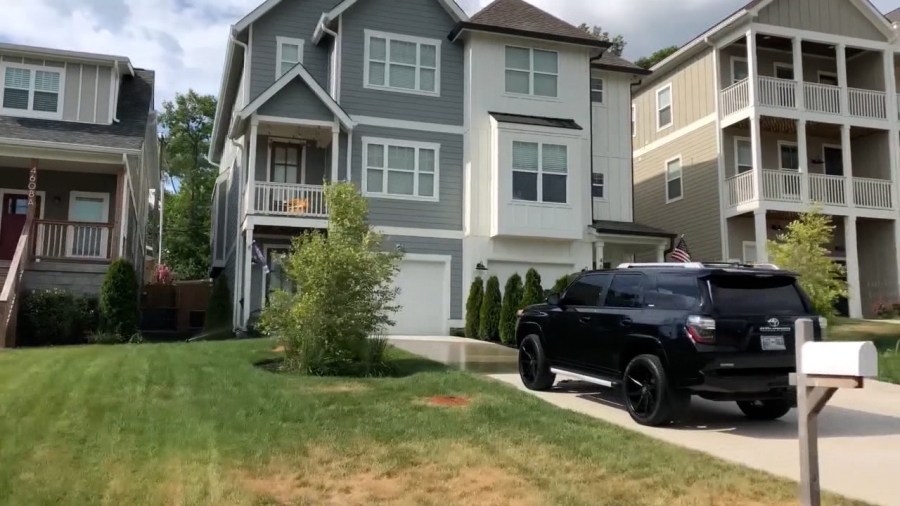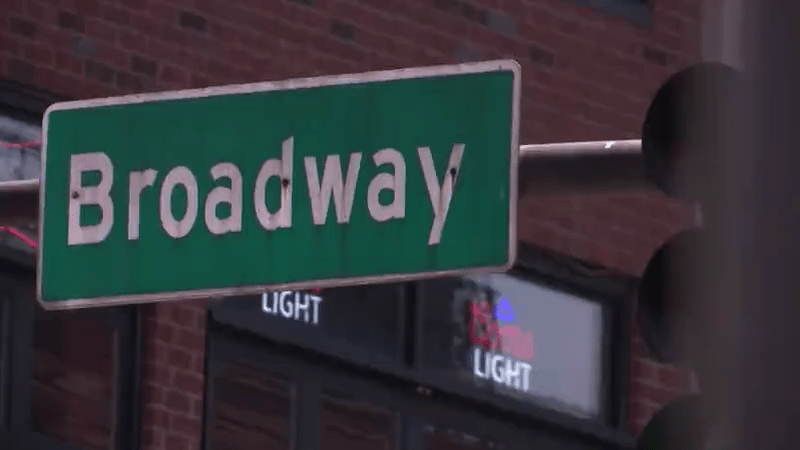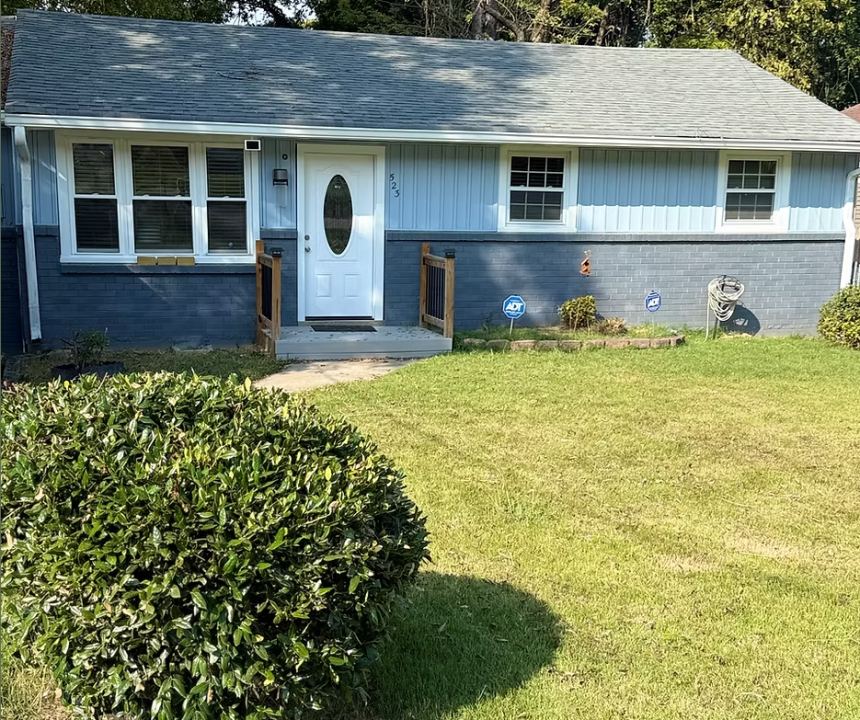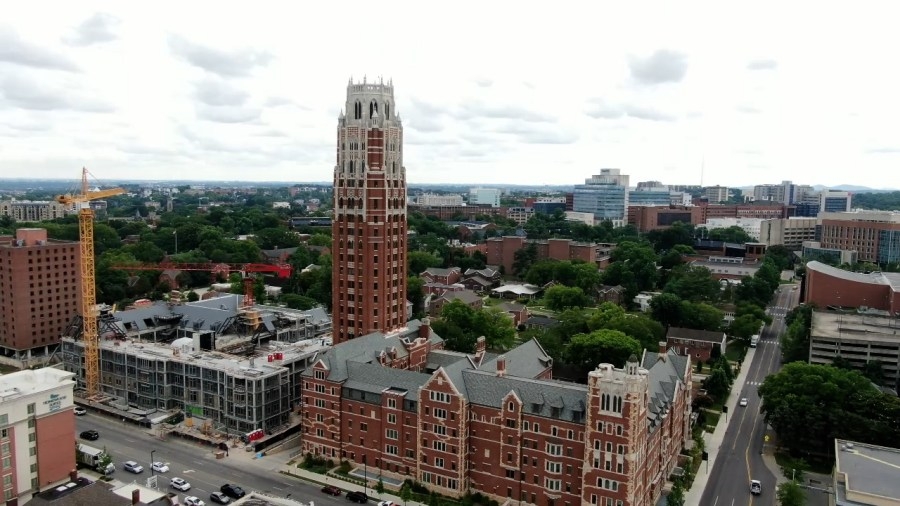📧 Have breaking news come to you: Subscribe to News 2 email alerts →
Description
NASHVILLE, Tenn. (WKRN) — Six southeast Metro Council members are joining forces next week to talk growth, infrastructure and four major housing bills that could shape where and how Nashville builds next.
Nashville is projected to need up to 110,000 new homes in the next decade, but the city currently builds only about 7,000 a year, according to Metro's Unified Housing Strategy team.
Four housing bills are up for a vote in the Metro Council next month, aiming to close that gap.
"Density for density's sake is wrong," District 32 Council member Joy Styles expressed.
"We need to get ahead of this because the growth isn’t stopping," District 8 Council member Deonte Harrell said.
The combined southeast community meeting will include planning, the Nashville Department of Transportation, water services, public health and the Metro Nashville Police Department — all there to take questions on the proposed changes.
One bill, filed back in August, would create new zoning districts in Nashville to allow more "middle housing" like duplexes and small townhomes, though the properties would still need to be rezoned to qualify.
"If we are focused on our major corridors, then that makes sense," Styles said. "Let's figure out ways to make that more accessible on the corridors."
Another bill, filed around the same time, would reduce building heights in single family areas and simplify duplex rules.
"If we can preserve characteristics of the neighborhood, I would absolutely do that," Harrell affirmed.
The third proposal would expand accessory dwelling units or "granny flats" citywide.
"In some areas, I think that is great," Styles said. "It is an opportunity for homeowners to make money. It also affords us an opportunity to create some housing. But again, the way it is set up right now, you have to get neighborhood buy in. And with this bill, there is less of that buy in involved."
The final bill would provide an incentive for affordable housing, giving developers added height or flexibility if they include income restricted units for 30 years.
"The problem is that there really isn’t a return on investment for developers for affordable housing," Styles explained.
Questions and concerns remain regarding each bill.
"The want is that we are having these infrastructure improvements, and we are just not building on top of things, hoping that, 'Oh, infrastructure improvements is going to come with it,'" Harrell said.
"I will probably be a no or I will abstain, but I am definitely not going to be a yes," Styles explained. "It just doesn’t make sense. It is not fair as long as we are getting emails from people where they are feeling panic that we are trying to force something on them then we just need to wait."
District 28 Metro Council member David Benton told News 2 in a statement:
These new zones provide an opportunity for use and does not apply them automatically to any parcels. The distinction is when they are voted on by the Councilmember after conferring with their constituents and putting the zone change forth for Council consideration and passed, then planning will control the application and final outcome.
We are voting on the option to have them in the toolbox. Nothing goes into effect unless they are chosen by the community though the Councilmember and voted on by Council for a particular property.
You can join in on the conversation with representatives from multiple Metro departments on Tuesday, Oct. 28, at 6 p.m. at the Southeast Community Center.
Metro Council is expected to vote on the four bills on Nov. 4.
Other Related News
10/21/2025
NASHVILLE Tenn WKRN Nashville business owners say sky high property taxes have them strug...
10/20/2025
NASHVILLE Tenn WKRN One organization in East Nashville is providing support for women who...
10/20/2025
NASHVILLE Tenn WKRN A 33-year-old man remains in recovery weeks after being struck by a v...
10/20/2025
NASHVILLE Tenn WKRN In a Monday update sent to the Vanderbilt community the university sa...
10/20/2025












